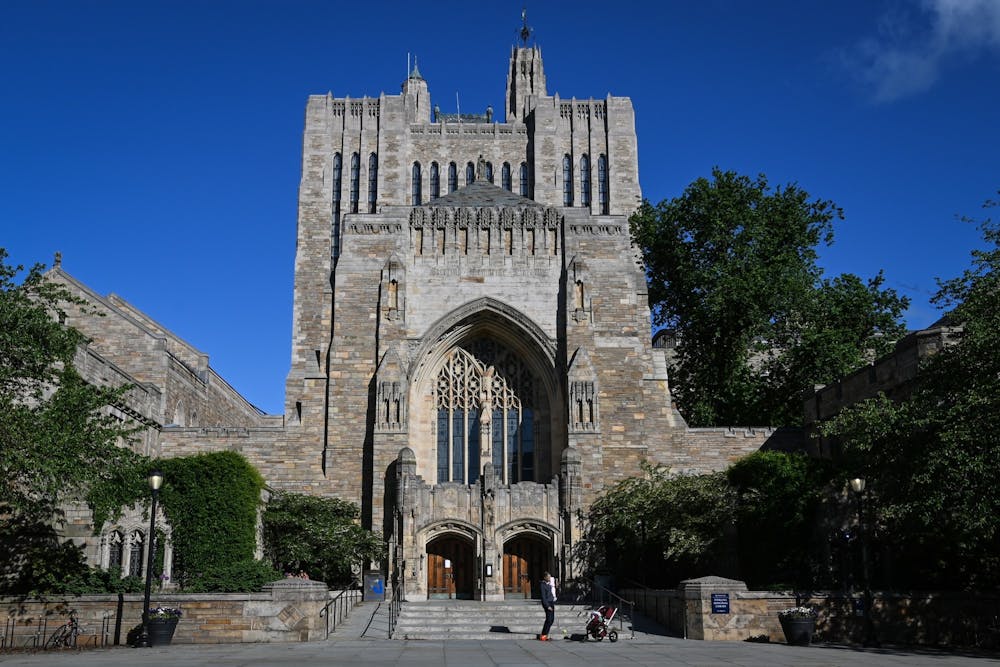Yale Law School recently announced a full-tuition scholarship that will support low-income law students.
The new Soledad ‘92 and Robert Hurst Horizon Scholarship program will grant 45 to 50 full scholarships to J.D. students, awarding more than $70,000 annually per student to cover tuition, fees, and health insurance. It will be extended to current students in the classes of 2023, 2024, and 2025 with family incomes below the federal poverty line and assets below $150,000 for the remainder of their Yale experience, Yale Law School wrote in a press release.
As an endowed program, the full-tuition scholarships will continue for years to come. The program builds off of the formerly announced Horizon Grant program which gave eligible students $4,000 annually on top of their previously determined financial aid.
Dean Heather K. Gerken wrote in the press release that the scholarship fund seeks to remove barriers from the Yale education experience.
“The Hurst Horizon Scholarship Program will free students with the greatest need from financial strain during law school and open up a world of possibilities so that they can be a powerful force for change in society,” Gerken said in the announcement.
As the top-rated law school in the nation, Yale Law School is one of two law schools in the country that provides exclusively need-based financial aid. Penn Law School — which is ranked as the sixth law school in the nation — does not provide exclusively need-based aid, instead offering a combination of merit-based and need-based.
73% of Yale's J.D. students received scholarship grants for the 2020-2021 academic year. With the announcement of the Hurst Horizon Scholarship program, qualifying students will receive greater financial aid and have their tuition completely erased.
“These students are brilliant — our school and our world need their skill, ambition, and perspectives,” Gerken said in the announcement.
RELATED:
Penn Law professor Amy Wax’s anti-Asian comments spark national scrutiny
Penn Law brought 551 students to campus for a hybrid fall semester deemed a 'success story'
Correction: A previous version of this article incorrectly stated that Penn Law School does not provide need-based financial aid, when in fact it offers both need-based and merit-based aid. The DP regrets this error.









